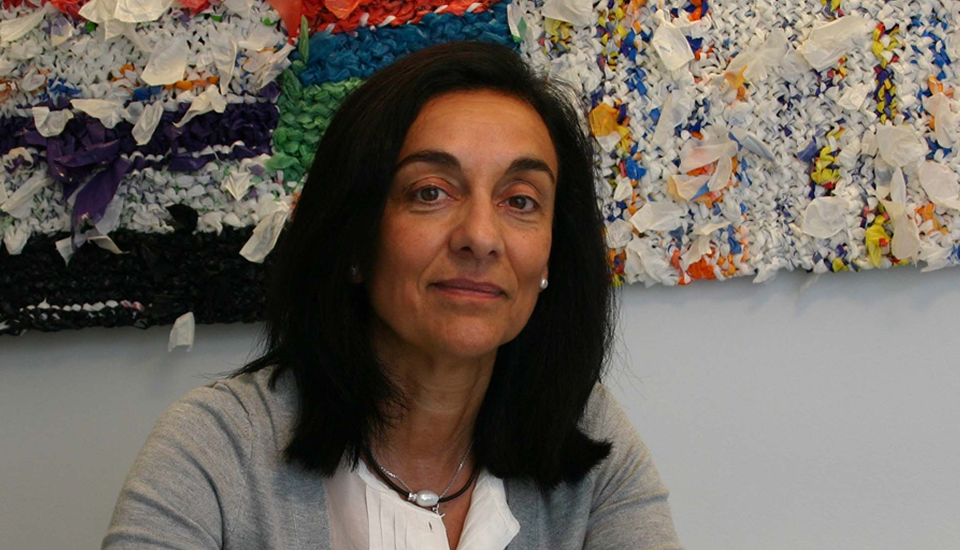
In the last few years, every profession associated with the construction sector has gone through some difficult times. Can we now say that the slump has passed and the good times will be back soon?
Teresa Casas: The fact is that we have adapted to another reality, a different social situation, in which we have managed to generate job opportunities once again. Moreover, it has to be said that since the beginning of the year we’re seeing acceleration in both the economy and business, and this will be beneficial to everything that revolves around the construction sector. Interior design is a part of that and consequently will also benefit. We do hope, however, that whatever happens, this growth will be sustained and that we won’t make the same mistakes that we did before as a result of heavy speculation in the sector.
What is the role that interior designs plays, and should play, in the construction world?
T.C.: Interior designers are influencers; we generate commercial and industrial business opportunities. We are important to the sector. We come up with solutions for a society that is evolving at a dizzying speed; one that wants a better quality of life, greater wellbeing, improved energy efficiency, more sustainability, natural and eco-friendly products, but one that also wants to enjoy state-of-the-art technology, smart products and innovative materials. We need to oversee the correct use of all these aspects and that construction is done with rigor, that it is socially sustainable, and that it is within the reach of the vast majority of our citizens.
What are the up-and-coming interior design trends?
T.C.: Rather than trends, I believe that society and its evolution are what constantly define the guidelines for the changes that happen. Our job is to anticipate what our clients will be asking for, and often redirecting things that we can see are going in the wrong direction. Society needs to advance, but with good judgement; not just following passing trends and looks that lead to nothing more than distraction and overconsumption. We need to know which trends will lead us to achieve the objective of improving collectively, and we need to move in this direction from a standpoint of observation and professional rigor.
How do you see your profession in the next ten years?
T.C.: foresee a future of generations who are strongly committed to technology, information and network connectivity, while at the same time being more and more aware of the importance of sustainability, recycling, and the value of natural products and the Earth itself. These might seem to be opposing concepts, but I believe they will coexist in people’s interests and, as professionals, we will need to work to satisfy their needs in these two senses.
Your involvement with BBConstrumat is even stronger this year. What has driven you to make this new commitment?
T.C.: BBConstrumat in Barcelona has been a landmark event for many years, not just in the city but in the whole of Spain and internationally too. The Interior Design Association of Catalonia has also been an officially regulated profession for many years, and we have always formed part of the show’s organisers, but this time we wanted to launch a new era of collaboration that also coincides with the resurgence of the construction sector.
The CODIC, as a collective involved in BBConstrumat, wanted to do something different this year and play a more active role. We want to put the aspects that affect us on the table for debate, and examine how we can position ourselves in this world. We believe that the National and International Contract Forum for the hotel, hospitality and retail sector that we have organised will offer two very interesting propositions. It will give an overview of the vision of professionals from different countries and will also give us an insight into clients’ concerns. We believe it will be a very enriching event and that it will bring added value to a show of the stature and reputation of BBConstrumat.

